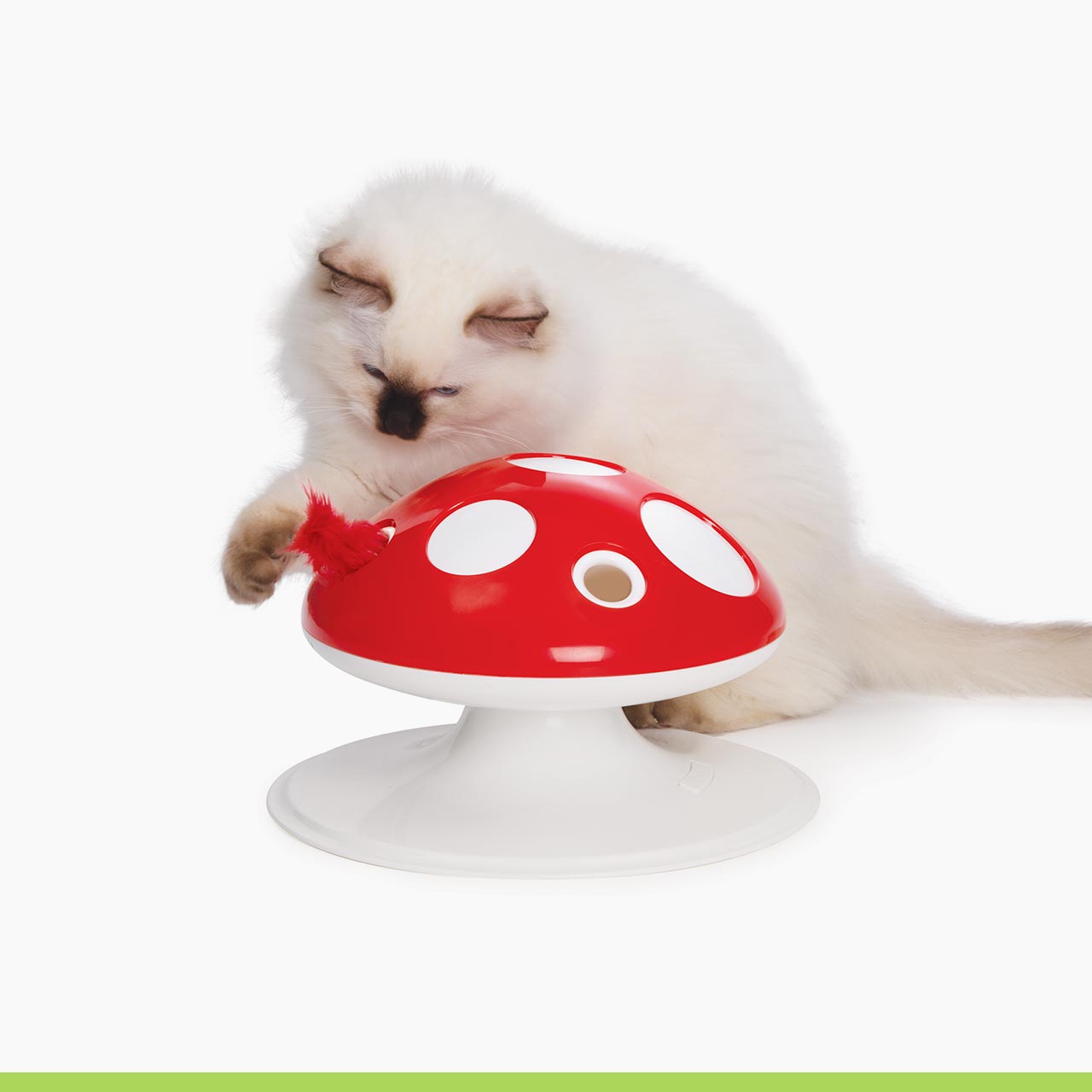In this article
What are cat allergies?
When you are allergic to cats, your body reacts to the Fel d 1 protein in your cat’s saliva. You read it right: you are not allergic to your cat’s fur, but to their saliva! Even though the Fel d 1 protein is completely harmless, your body mistakes it for a harmful substance and triggers a response that might include itchy or runny eyes, coughing, sneezing, a runny nose, etc.
What can I do?
Please, don’t get rid of your cat just because someone in your family has developed symptoms. There are many options to consider before bringing your feline to a cat shelter. Here are some important ones.
Visit your doctor to get confirmed that the symptoms are caused by exposure to cats. Many other allergies trigger the exact same immune response, hay fever being one of them.
Even though it’s heartbreaking, touch your cat as little as possible. If you can’t resist petting your feline, which we totally understand, make sure to wash your hands afterwards.
Never miss an issue of the FREE My Cat Exclusive digital magazine!
If possible, keep your cat outdoors. Always think about the safety of your feline first though. Do you live in a quiet area or one with busy traffic? Is the climate suited for outdoor cats? Which adjustments must be made to keep your cat comfortable?
If you allow your feline friend indoors, create cat-free zones and definitely keep your feline out of the bedroom. In addition, change the bedsheets regularly as you and your family members will inevitably drag some cat hair into the bedroom.
Clean rigorously on a daily basis. Antistatic wipes are great for picking up cat hair, and a vacuum can work wonders, too. Just make sure to use a vacuum with built-in HEPA filter. A vacuum without a high-efficiency particulate absorbing filter will just spread the allergens around the house even more.
HEPA filters are not just present in some vacuums, you can also buy HEPA air filtration systems for your home. These capture allergens and will therefore help decrease the severity of your allergy symptoms.
Check if immune therapy is right for you. For some people, gradual exposure to small amounts of allergens can help them get rid of the allergy altogether. Medical specialists can help determine what’s right for you.
Is an allergy to cats hereditary?
We have some great news: cat allergies are not hereditary. So, if you or your partner are allergic to cats, this doesn’t necessarily mean your children will be too. However, if you have various family members that have an allergy – it doesn’t matter to which substance – you will have a higher chance of developing an allergy yourself.

















